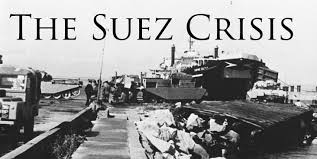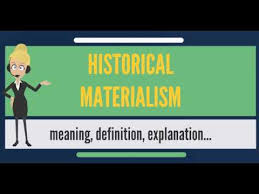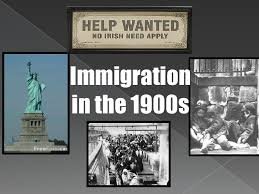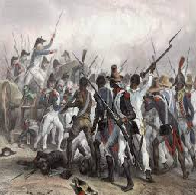
Declaration of Independence
The Declaration of Independence is one of the greatest political documents of all time. In it Thomas Jefferson laid out a philosophical argument for breaking away from Great Britain and cited specific grievances against King George III, but The Declaration is much more than that. It was an appeal to the colonists’ friends and family members still living in England. It made the appeal for independence on a global basis. It built support for independence among the colonists and attempted to convince reluctant colonists that revolution was the best and only choice.
For Writing Assignment One you will have to read The Declaration of Independence (page A3 in your textbook) and answer the following question: Was The Declaration more effective as a philosophical basis for the formation of governments or as a document to rally people to the cause of independence for the colonies? To answer this question, students need to address the following related questions.
• What is the philosophical basis for independence?
• How many specific grievances are mentioned? What are the two best and two worst reasons for independence given in The Declaration of Independence? Why?
• How does The Declaration of Independence appeal to the colonists?
In addition to The Declaration of Independence, students must use at least four other sources. Regardless of the sources used, students should evaluate critically the source for its credibility. The grade will be affected negatively if the paper relies heavily on sources with questionable credibility.
Criterion
1 Question unanswered or answer is incorrect
2
3 Question answered but documentation and/or logic missing/flawed
4
5 Question answered including documentation and logical conclusions
What is the philosophical basis for independence?
How many specific grievances are mentioned?
What are the two best reasons for independence given in The Declaration of Independence? Why?
What are the two worst reasons for independence given in The Declaration of Independence? Why?
How does The Declaration of Independence appeal to the colonists?
Rubric for Writing Assignment One (cont.)
Criterion
1 No sources
2 Less than half
3 More than half
4 Met requirement
5 Exceeded requirement
Sources – Number
Criterion
1 No sources or all sources are of questionable quality
2 Less than half of sources are a good quality
3 Half of sources are of good quality
4 More than half of sources are of good quality
5 All sources are good quality
Sources – Quality
Criterion
1 Eight or more errors
2 Six to seven errors
3 Four to five errors
4 One to three errors
5 No errors
Grammar
Criterion
1 No evidence
2 Had to re-read several parts
3 Had to re-read a few parts
4 Had to re-read one part
5 Easy to read
Readability
We can write this or a similar paper for you! Simply fill the order form!












